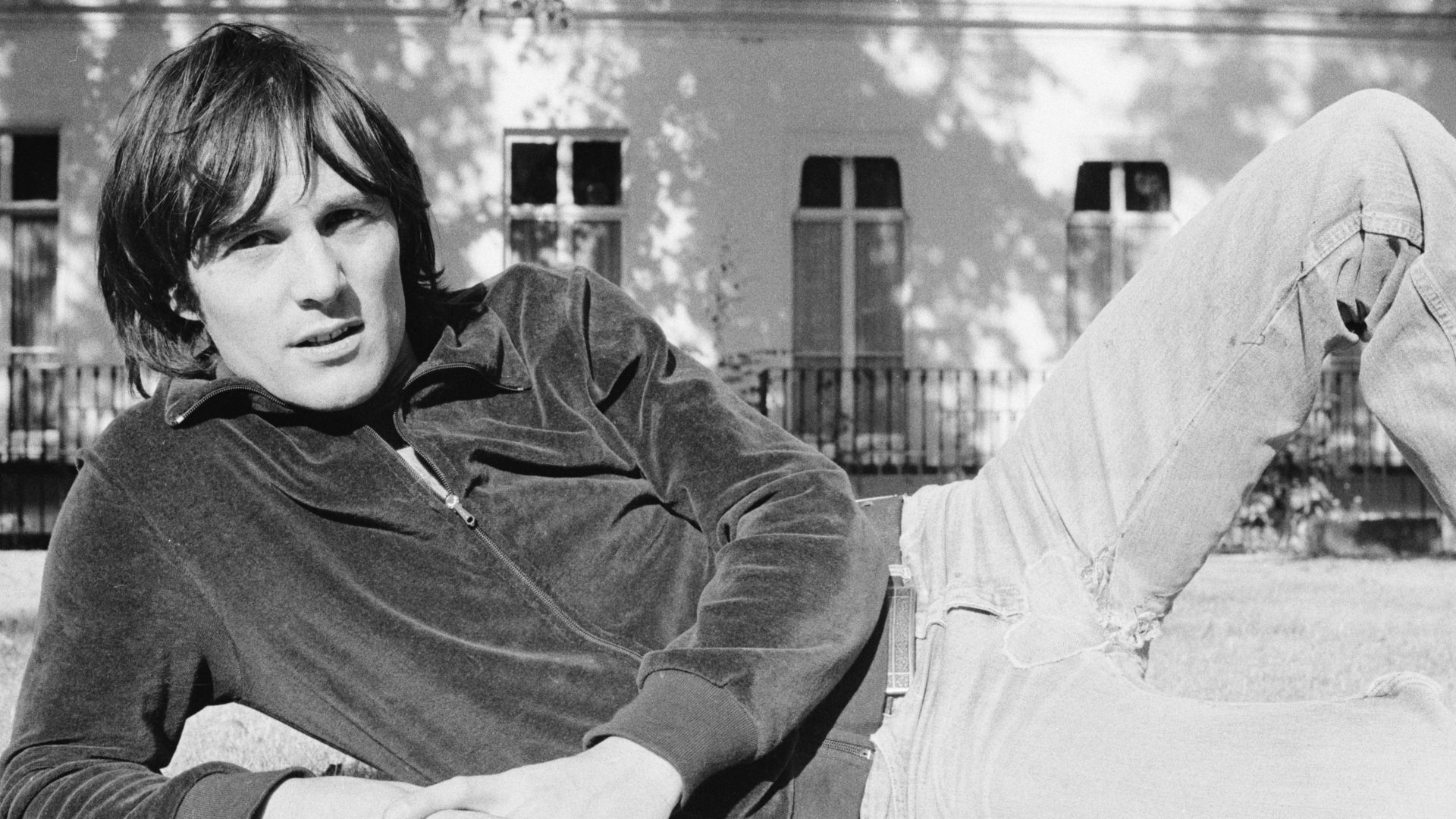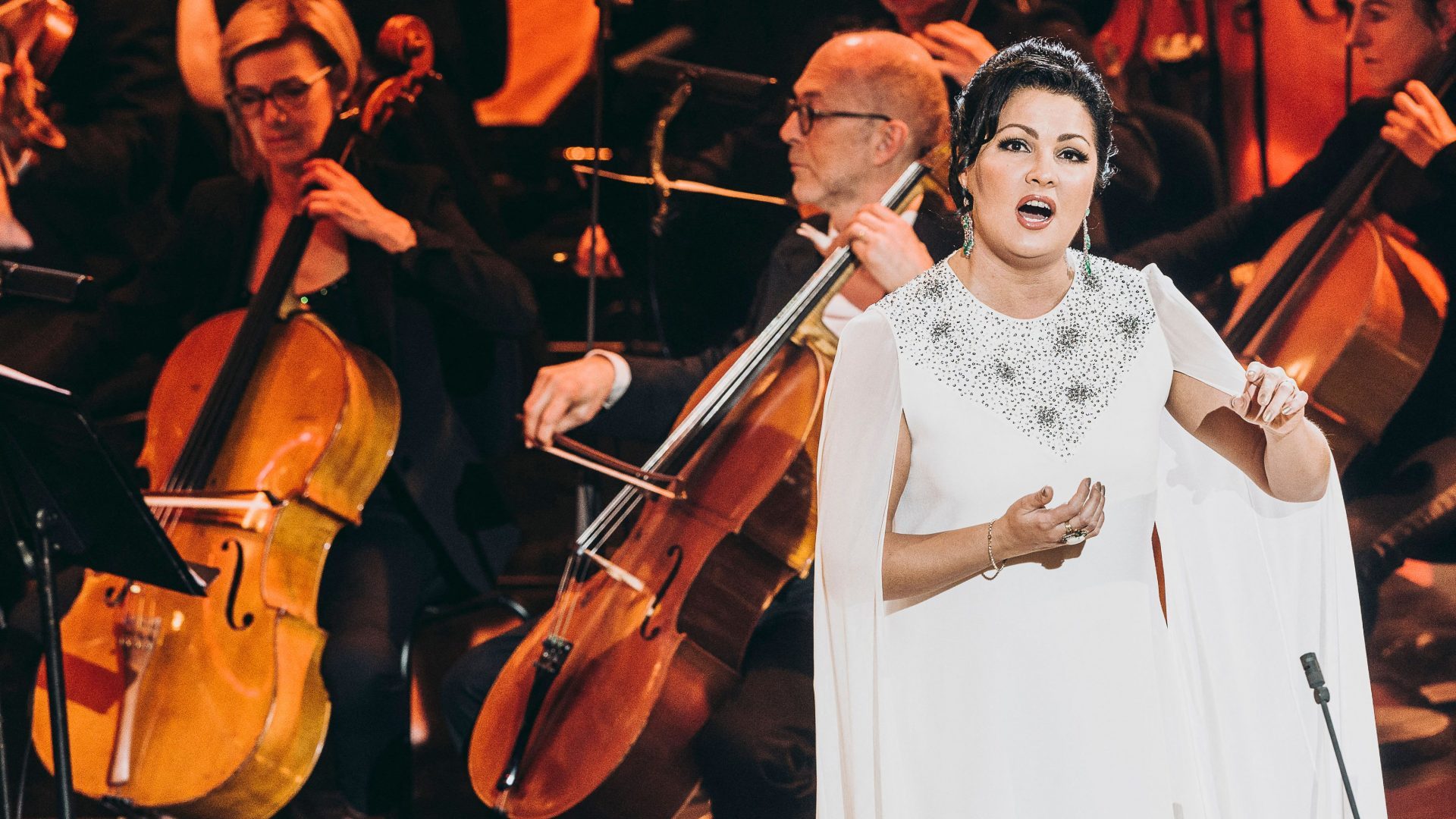“I’ve tried to owe something to England – but England’s never wanted it.” This was what Murray Head – known here only as a fleeting star of musicals and a minor TV actor – told the BBC late last year as he was halfway through a French tour as a much-loved singer-songwriter.
“The thing about the French is, they are very, very faithful. When they like you, they stick with you,” he added. “In the UK, everyone is chased out by the next media sensation.”
Once upon a time, Head was indeed the media sensation here in the UK and looked as if he would be a major star – but instead one song made him an adoptive hero on the Continent.
Born to the actress Helen Shingler and documentary filmmaker Seafield Head, both Murray and his brother, Anthony (later of Buffy the Vampire Slayer and Nescafé ad fame), seemed destined for the dramatic arts, and his first performance came in a series of radio plays aged 12.
But as the 1960s began to swing, the teenager struck out to try his luck as a singer. Under the production of Norrie Paramor, he released a couple of singles on Columbia in the mid-1960s before releasing the self-penned Someday Soon, a sultry beat number from the Hayley Mills sex comedy The Family Way (1966) in which he also had an acting role. While the single did little business, it had the impressive claim of appearing alongside the film’s theme, Love In The Open Air, which was written by Paul McCartney.
While Head’s pop career failed to take off – he was dropped by Columbia and became an insurance salesman – he soon got a big break courtesy of Paramor’s protege and the producer of Someday Soon, Tim Rice. Rice and his writing partner, Andrew Lloyd Webber, had been struggling to get their musical Jesus Christ Superstar staged, so had instead resolved to make a concept album out of it.
When Rice approached him Head had considerable initial misgivings about a musical based on the gospels and the possibility of playing Judas Iscariot. But the part was something of a plum role since the musical revolved as much around him as it did Deep Purple’s Ian Gillan as Jesus.
Jesus Christ Superstar captured the late hippy zeitgeist and was the biggest-selling album of 1971 in the US. This was a not inconsiderable feat given that the other No 1 albums of that year included George Harrison’s All Things Must Pass, Janis Joplin’s Pearl, The Rolling Stones’ Sticky Fingers and Carole King’s Tapestry.
Head had a North American hit with the funk-influenced Superstar from the show, and made the UK charts when the track was released as a double-A side with Yvonne Elliman’s I Don’t Know How to Love Him in 1972. As Head made his first real commercial impression on home turf, his voice was revealed as soulful, tremulous and folky, but still capable of dramatic power. At the same time, his role as a bisexual artist in a love triangle with Glenda Jackson and Peter Finch in John Schlesinger’s Oscar-nominated Sunday Bloody Sunday (1971) was sure to attract attention, not least for his passionate on-screen snog with the 30-years-older Finch.
But despite looking like a major star in the making in that crucial year of 1971, with his fashionably weathered looks and edgy credentials, Head was destined to be a nearly man at home.
He didn’t have another hit until his recording of One Night in Bangkok from the Tim Rice, Benny Andersson and Björn Ulvaeus musical Chess, went to No 15 in the UK charts in 1984. It was the last time his music would make an impression in Britain, and Head’s chief exposure thereafter was occasionally popping up in TV staples such as Casualty and Heartbeat.
But by that time he already had brighter prospects on the other side of the Channel. His 1975 folk song Say It Ain’t So had taken off in France, where it was thought of as a romantic classic, despite being a political song inspired by Nixon’s resignation the previous year (hence the lines “They told us that our hero has played his trump card / He doesn’t know how to go on”).
Head was a French speaker by virtue of his Francophile parents having sent him to the French Lycée in South Kensington. “France was where I was popular, so France became where I earned my keep”, he has said, and he has been a popular touring act there, as well as in French-speaking Canada, for more than four decades.
In the meantime, Head’s French dramatic work also outstripped his roles in the UK, appearing in the lavish historical biopic Beaumarchais (1996) with legendary French actor Fabrice Luchini, and co-writing the screenplay for Les enfants du siècle (1999), which starred Juliette Binoche as George Sand, among other projects.
Head still lives in France, although having just had his 76th birthday, he is now leaving Paris for the Pyrenees. His most famous role may have been as a fallen apostle, but according to Jesus’s words in Luke, his experience has been more like that of a prophet – “A prophet is not without honour save in his own country.”
MURRAY HEAD IN FIVE SONGS
Superstar (1970)
This climactic song from Jesus Christ Superstar was a chart hit in Canada and the US, as well as Belgium and the Netherlands, in 1971.
Say It Ain’t So (1975)
Head’s self-penned emotional folk song took fallen heroes as its theme. It ultimately became a Top 20 hit in France.
One Night in Bangkok (1984)
From the Benny Andersson and Björn Ulvaeus musical Chess, with lyrics by Tim Rice, this unlikely hit, featuring Head doing a rap reminiscent of M’s Pop Muzik, was a UK Top 20 hit in late 1984.
Une femme un homme (1993)
A French Top 30 hit, this overwrought rock ballad found Head duetting with French Canadian powerhouse Marie Carmen.
Rien n’est écrit (2008)
From Head’s majority French-language album of the same name, this soft-rock track sees his voice still in fine fettle.




